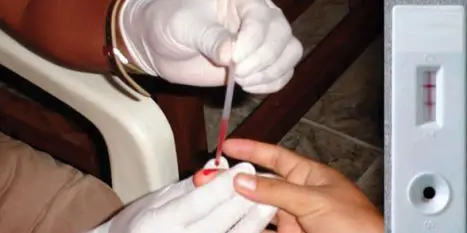
Diagnosis is a procedural trial to identify a possible disorder or disease in individuals. It is a crucial procedure to be performed in order to define the cluster of symptoms and causes behind a medical problem. It also defines some other clinical factors like the natural history of a particular problem. All this diagnosis is done by conducting certain classification tests that helps an expert appear at the root cause of troubles to a patient. Data from several sources is combined together to conduct a categorical analysis of diseases so that the right diagnosis can be made.
If proper diagnosis is not done, one cannot be sure of the disease and its appropriate treatment. Diagnosis plays a major role in determining the right treatment for a medical problem. If diagnosis is incorrect, then it might lead to the implementation of an incorrect treatment procedure that could further worsen the condition of a patient. Apart from that, a correct diagnosis can make the treatment optimized. This prevents a disease from its future recurrence. Diagnosis can be extremely useful, as we receive a whole lot of helpful information while conducting the diagnosis of a problem.
When diagnosis is done, a patient’s medical history is examined and the information is collected about any medical tests conducted on him/her. This lets us plan the treatment according to that patient’s latest medical condition. Along with that, several specialists may provide their opinions while conducting a diagnosis. This leads to increased chances of identifying the right disease or disorder. Therefore, relevant treatment steps can be taken quickly after a diagnosis. A proper treatment plan and aftercare plan can be prepared based on the information collected from a diagnosis. Thus, it is necessary to conduct a diagnosis, as it acts as a research base for further implementation of medical practices.